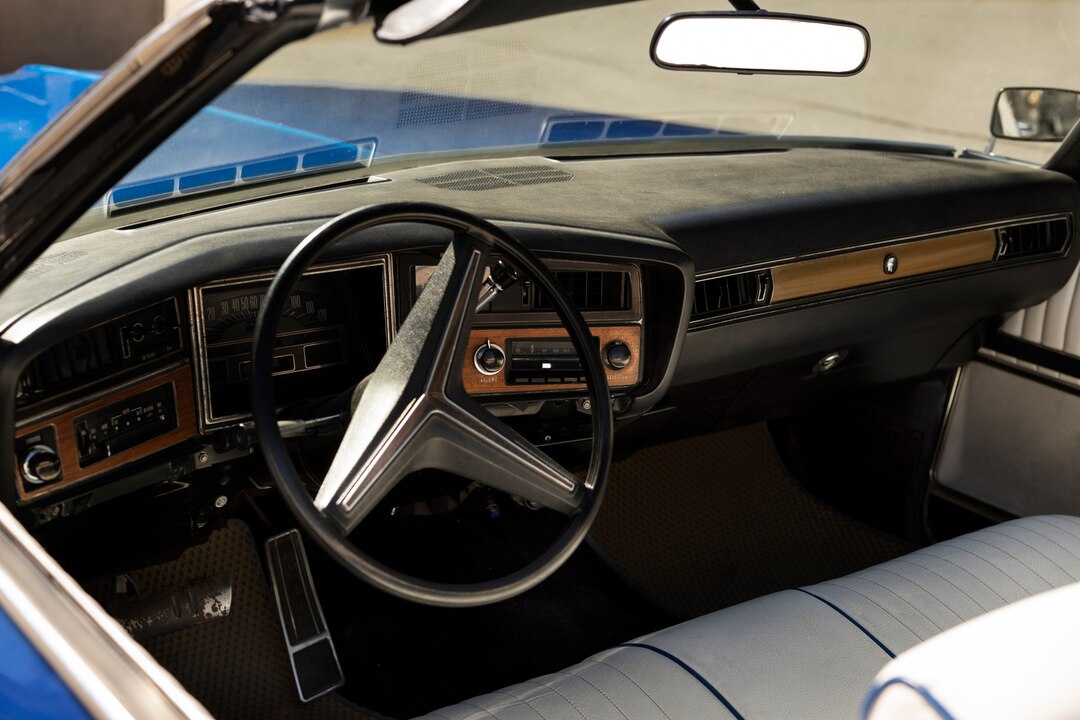Your car’s steering wheel is more than just a means of controlling direction; it’s a vital component of your vehicle’s safety and handling. Over time, wear and tear can take a toll on your steering wheel, affecting not only its appearance but also its functionality. Recognizing the signs that indicate your steering wheel may need replacement can help ensure your continued safety and driving comfort. Here are ten signs to watch out for:
- Visible Wear and Tear: The most obvious sign that your steering wheel needs replacement is visible wear and tear. This includes cracks, peeling, or fraying of the material covering the wheel, as well as any signs of damage to the wheel itself.
- Faded or Discolored Appearance: If your steering wheel has lost its original color and appears faded or discolored, it may be time for a replacement. Fading can occur due to prolonged exposure to sunlight and other environmental factors.
- Unpleasant Odor: A persistent, unpleasant odor emanating from your steering wheel could indicate mold or mildew growth. This is often a sign of moisture buildup, which can lead to further deterioration of the wheel’s material.
- Loose or Wobbly Steering Wheel: A steering wheel that feels loose or wobbly in your hands is a cause for concern. This could indicate issues with the steering column or internal components of the wheel itself, necessitating replacement for safe driving.
- Spongy or Soft Feel: If your steering wheel feels spongy or soft when you grip it, it may be a sign that the internal structure of the wheel is compromised. This can affect your ability to maintain control of the vehicle, especially during sudden maneuvers or emergency situations.
- Difficulty Turning the Wheel: Difficulty turning the steering wheel, whether it feels stiff or requires excessive effort, can indicate problems with the steering system. This may be due to worn-out components within the wheel or the power steering system, necessitating replacement.
- Squeaking or Grinding Noises: Unusual noises such as squeaking or grinding when turning the steering wheel are often indicative of underlying issues. This could be caused by worn-out bearings, bushings, or other internal components that require replacement.
- Vibration or Shaking: If you feel excessive vibration or shaking through the steering wheel, especially at high speeds, it may be a sign of wheel imbalance or other suspension problems. While this may not always necessitate steering wheel replacement, it’s important to have it inspected by a professional.
- Missing or Damaged Buttons: Many modern steering wheels come equipped with buttons for controlling various functions, such as audio volume, cruise control, and phone calls. If any of these buttons are missing or damaged, it may be time to replace the entire steering wheel assembly.
- Airbag Light Illumination: Finally, if the airbag warning light on your dashboard illuminates, it could indicate a problem with the steering wheel-mounted airbag. This is a critical safety component that requires immediate attention and may necessitate steering wheel replacement.
In conclusion, the steering wheel is a critical component of your vehicle’s safety and handling, and recognizing the signs that indicate it may need replacement is essential for maintaining a safe driving experience. If you notice any of the aforementioned signs, it’s important to have your steering wheel inspected by a qualified mechanic to determine if replacement is necessary. By addressing issues promptly, you can ensure your continued safety and enjoyment on the road.











